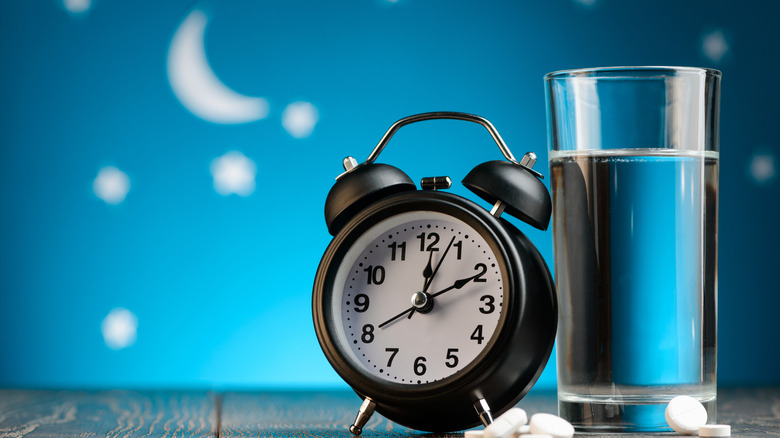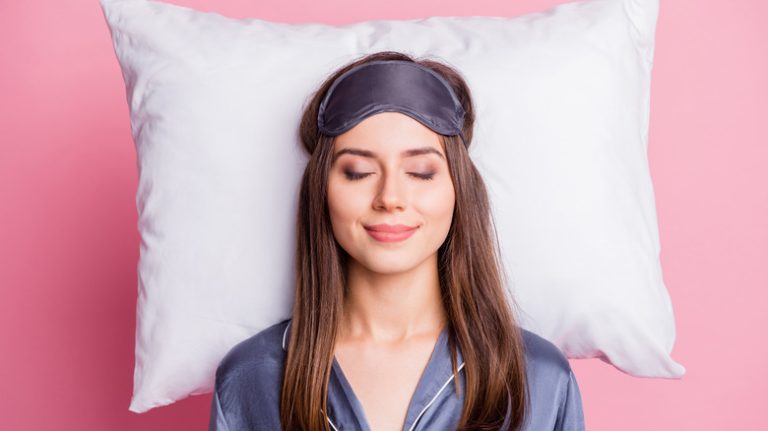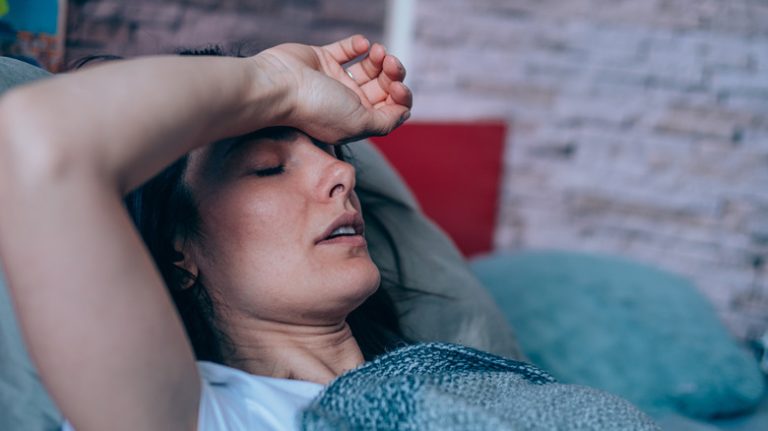We all know the importance of sleep, yet the Centers for Disease Control and Prevention (CDC) says that one-third of people in the United States don’t get enough of it. Poor sleep is associated with type 2 diabetes, heart disease, obesity, and depression. When we don’t get our sleep, we can easily make mistakes at work. We can even get into car wrecks. Even the fall and spring clock adjustments of Daylight Savings Time disrupt our sleep. Although we might gain an hour in the fall, this still disrupts our normal patterns, according to the University of Michigan School of Medicine. A single night of being sleep-deprived can dampen your mood the next day, but over time, it can affect your mental health.
When you sleep, the parasympathetic nervous system slows down your heart rate and lowers your blood pressure (via National Heart, Lung, and Blood Institute). Your immune system works hard while you sleep to protect you from illness. Quality sleep affects how your body deals with fat, and if you have poor-quality sleep, you’re more likely to crave unhealthy food. Even if you get a certain number of hours of sleep each night, quality sleep can make a difference. Let’s look at what constitutes quality sleep.
Calculating your quality sleep

According to the National Sleep Foundation, the quantity of sleep is the number of hours you get, but sleep quality is what happens during those hours. Quality sleep is concerned with how restful the sleep is. Sleep quality is linked to sleep latency, which is how quickly you fall asleep. Ideally, you should be falling asleep within 30 minutes after turning down the sheets.
How many times you wake up during the night also contributes to sleep quality. It’s fine to wake once during the night, but more than that indicates poor quality. If you do wake up through the night, your total sleep quality considers how many minutes you’re awake during the night. Sleep efficiency is an indicator of sleep quality, and you can calculate it easily.
Start with how long you were in bed, then subtract how long it took for you to fall asleep and how many minutes you were awake that night. Take that number and divide it by the total time you spent in bed, then multiply by 100 to get a percentage. Anything above 85% is considered good, quality sleep (via National Sleep Foundation). For example, if you spent eight hours in bed and it took 30 minutes for you to fall asleep and you woke up for 30 minutes, that’s seven hours of sleep time. Dividing that number by eight hours yields a sleep efficiency score of 87.5%.
Getting better sleep quality

The Sleep Foundation says that you can improve your sleep quality by establishing a consistent time for going to sleep and waking up and keeping this schedule on weekends. Avoid watching television or using your phone before bed, because the blue light from these screens sends signals to your brain that it’s still daytime. A bedtime ritual each night to help you wind down will teach your body when it’s time for bed. If you drink alcohol, set your last call three hours before bed. Avoid caffeine within five hours of bedtime. University of Michigan School of Medicine says that tart cherries, kiwi, and fatty fish like salmon and tuna can help improve your sleep.
The National Sleep Foundation suggests keeping your bedroom temperature between 60 and 67 degrees, and be sure to use curtains to block out any light coming into your bedroom. Sleep quantity is as important as sleep quality. According to the CDC, schoolchildren need between nine and 12 hours of sleep, while teens need eight to 10 hours. Adults need at least seven hours of sleep each night.



